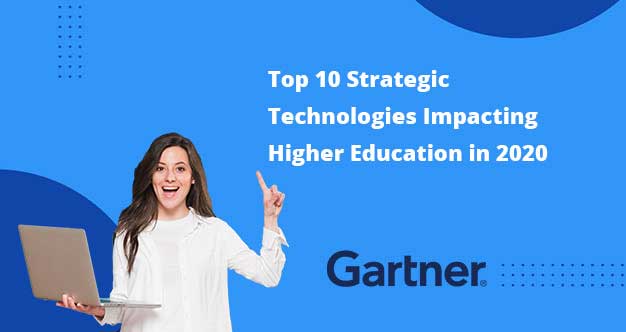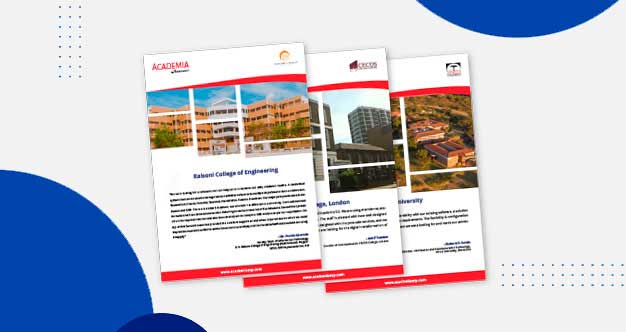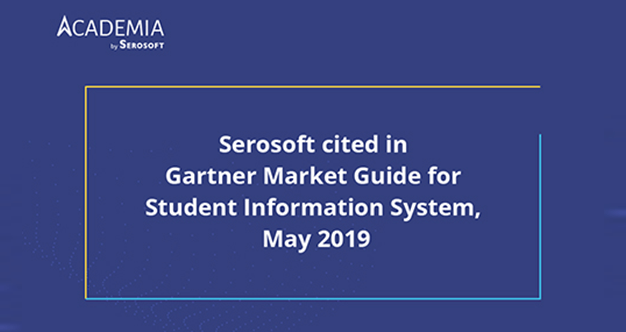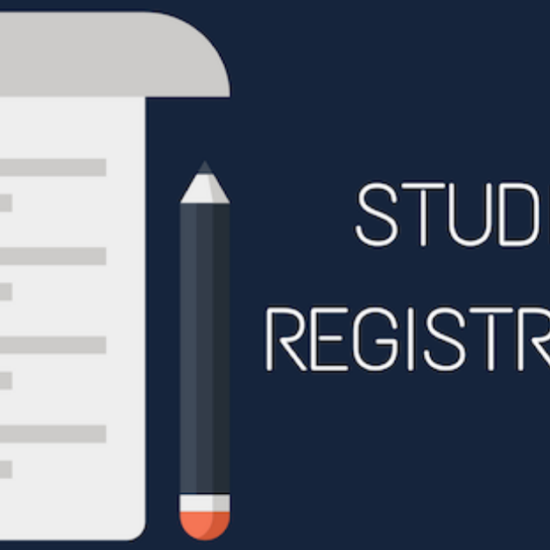Unlocking the Potential: Harnessing AI-Powered Automation in Higher Education
In this digital era, artificial intelligence (AI) has emerged as a powerful tool for revolutionizing various aspects of higher education. From streamlining administrative tasks to enhancing student learning experiences, AI-powered automation is reshaping the landscape of academics. Let’s delve into a practical example of how AI is being leveraged across different areas within higher education institutions.
> Question Paper Generation: Traditionally, creating question papers for exams has been a time-consuming task for faculty members. With AI algorithms, question paper generation can be automated based on predefined criteria such as difficulty level, topic coverage, and question types. This not only saves time but also ensures the creation of balanced and relevant assessments.
> Email Communication: AI-powered email automation tools can assist the administrative staff in managing communication with students, faculty, and stakeholders. These tools can analyze email content, suggest responses, and even automate routine tasks such as scheduling meetings or sending reminders, allowing staff to focus on more meaningful interactions.
> Result Generation: Processing and generating examination results can be a daunting task, especially for large institutions. AI algorithms can automate the grading process for objective assessments and provide instant feedback to students. Additionally, AI-driven analytics can identify patterns and trends in student performance, enabling educators to tailor interventions accordingly.
> Predictive Analysis: AI algorithms can analyze vast amounts of data, including student demographics, academic performance, and behavioral patterns, to predict future outcomes such as graduation rates, student success, and course demand. This predictive analysis enables institutions to proactively identify at-risk students and implement targeted interventions to improve retention and success rates.
> Student Retention: AI-powered systems can track student engagement, attendance, and performance data to identify early signs of disengagement or academic struggles. By providing personalized support and interventions, such as academic advising or tutoring, institutions can enhance student retention rates and promote academic success.
> Management Reports: AI-driven analytics tools can generate comprehensive management reports by aggregating and analyzing data from various sources within the institution. These reports can provide valuable insights into enrollment trends, faculty workload, budget allocation, and resource utilization, helping decision-makers make informed strategic decisions.
> Personalized Learning: AI algorithms can personalize the learning experience for students by recommending relevant learning resources, adaptive learning pathways, and personalized feedback based on their individual learning styles and preferences. This personalized approach enhances student engagement and improves learning outcomes.
> Admissions Process Optimization: AI can streamline the admissions process by automating tasks such as application screening, document verification, and candidate evaluation. By analyzing applicant data and academic records, AI algorithms can identify promising candidates and facilitate faster decision-making, leading to a more efficient and transparent admissions process
> Virtual Assistant Support: AI-powered virtual assistants can provide 24/7 support to students, faculty, and staff, answering queries, providing information on courses, schedules, and campus services, and offering personalized assistance. These virtual assistants, integrated with natural language processing capabilities, can enhance accessibility and convenience for stakeholders while reducing the burden on administrative staff.
> Research and Publication Assistance: AI tools can assist faculty members in research and publication endeavors by analyzing vast amounts of academic literature, identifying relevant sources, and generating summaries or citations. Additionally, AI algorithms can help researchers discover new insights, trends, and patterns within their field of study, facilitating knowledge discovery and dissemination.
In conclusion, AI-powered automation in higher ed offers immense potential to transform higher education by optimizing administrative processes, enhancing student support services, and personalizing learning experiences. By embracing AI technologies, institutions can improve efficiency, effectiveness, and innovation across all aspects of academic operations, ultimately enriching the educational experience for students and educators alike.
By incorporating AI-powered automation across these additional areas, higher education institutions can further optimize operations, enhance services, and foster innovation, ultimately advancing their mission of academic excellence and student success.
Related Posts:
 Higher Ed Plans
Higher Ed Plans K12 Plans
K12 Plans










